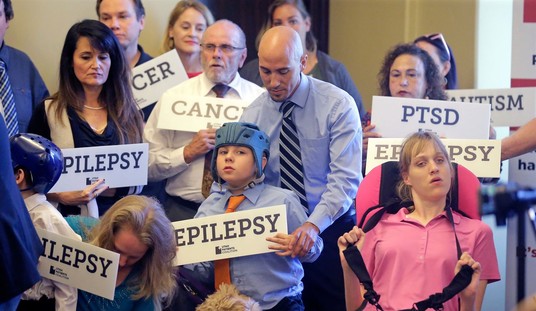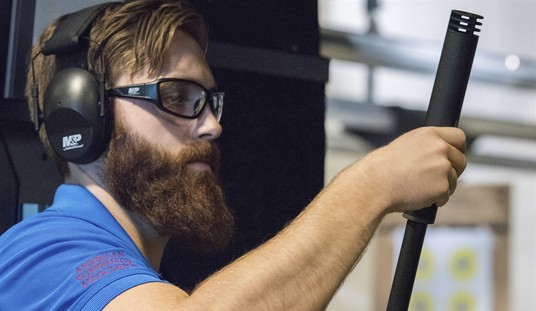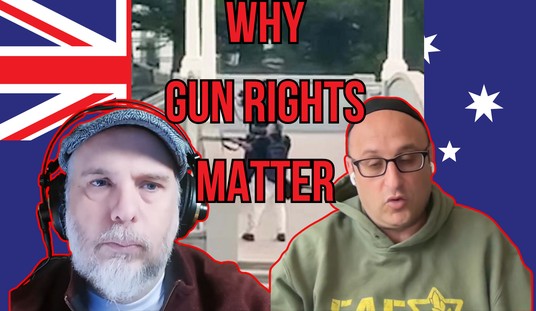When anti-gunners look to other countries, they tend to only focus on Western Europe. They argue that culturally, we’re similar countries with similar values and similar systems of government. Because they have strict gun control and low crime, the same would hold true for the United States.
However, the United States doesn’t have a single culture. We have dozens of different cultures floating around within our borders. Oh, they may consume the same media by watching the same TV shows and movies, but for the most part, they’re not the same cultures by any stretch of the imagination.
That means we need to look at the world as a whole to see how big a failure gun control is.
André Bevilaqua is no stranger to guns. He hunted as a kid, and carrying was a part of the protocol when he auctioned confiscated property at the regional court, where debtors frequently demurred. But when the Rio de Janeiro attorney set out to buy a .380 caliber pistol last year, he hit a rainforest of red tape that only a Brazilian bureaucrat could love.
A year later — after a thicket of questionnaires, hefty fees, a criminal background check, a psychological evaluation, a written exam and a shooting test, and a house call by three firearms inspectors — the armed forces finally green-lighted his purchase. I heard the contorted tale as I tagged along with Bevilaqua to the gun shop last weekend to pick up his gun.That’s the drill in Brazil, where law-abiding folk submit to a state-stewarded via crucis in the name of public safety. Meanwhile, it’s de facto open carry for the busy criminals who’ve turned Brazil into a continental kill zone.
I mean, it’s almost like gun control doesn’t work. Of course, this isn’t from a source that doesn’t want to advance the narrative. Hell, it’s Bloomberg. We all know to associate that name with “anti-gun,” and the story doesn’t disappoint.
Global terrorism might have claimed more than 3,300 lives globally in the first half of 2015; Brazil trumped that body count in just three weeks. No country registered more murders that year: 60,000.
Those numbers alone would suggest the need for more restrictive gun laws. Scholars reckon that thanks to controls written into the 2003 disarmament statute, Brazil avoided 135,000 homicides through 2007. So it’s hard to buy the current proposals championed by gun lobbyists and a few political yahoos who aim to make Brazil safer by slackening controls.
“More arms in circulation mean more gun crimes,” Daniel Cerqueira, an expert on criminal violence at Brazil’s Institute for Applied Economic Research, told me. In a study of Sao Paulo townships, Cerqueira found that every percentage point increase of guns in circulation resulted in a 2 percent increase in homicides.
That’s only remotely true if you don’t allow citizens to be armed. An armed criminal is only deterred through potential violence. While he isn’t afraid to commit violence against the weak, the moment someone can stand up to him on equal footing, he tends to decide to be somewhere else.
Further, any “reckoning” of homicides avoided is bogus. I’m sorry, but those who want to kill will kill. Those who want to commit crimes will commit crimes. Gun control has never saved a life, but those who support such laws will go into mental contortions to try and justify their abridgments of a basic human right, the right to be armed so you can defend yourself against violence.
And the fact that Brazil is so damn violent isn’t in spite of their gun control laws. It’s because of it.








Join the conversation as a VIP Member